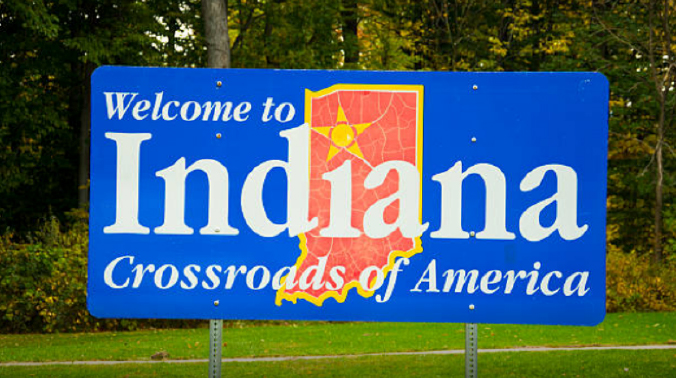It was a long battle for epileptic patients and their families. But it was worth the wait because Indiana Governor Eric Holcomb finally signed into law House Bill 1148, giving epileptic patients access to cannabidiol (CBD) oil.
An Unexpected Surprise
Legalization advocates widely believed that Indiana would be one of the last states to enact marijuana legislation. Most Indiana politicians have long been on record as opposing any legalization efforts. But during the most recent legislative session – in what was the first time Indiana lawmakers have considered a marijuana bill – they finally listened to the needs of their people.
The bill unexpectedly received substantial support in the Republican-controlled General Assembly, with the Senate approving the measure by a margin of 36-13, followed by unanimous approval in the House. The bill was then forwarded to Governor Holcomb, a known opponent of marijuana legalization, for approval.
Many legalization supporters anticipated that the Governor would use his veto powers to squash the bill. But in a surprising turn of events, Governor Holcomb signed the bill into law, stating that the testimonies and stories from supporters finally convinced him to give his approval.
Still, Holcomb made it clear that this was not a prelude to broader cannabis legalization in the state.
“This does not put us on a slippery slope to legalizing marijuana, quite the contrary,” Holcomb said.
A Very Limited Bill
Although Indiana now has its first medical cannabis law on the books, it is a highly restrictive one. Only cannabis extracts with a minimum of 10% CBD are allowable. CBD is a non-psychoactive cannabinoid most known for its effectiveness in reducing seizures in epileptic patients. The law requires that the extract contains no more than a maximum of 0.3% THC.
CBD oil will only be available to patients suffering from treatment-resistant and intractable epilepsy, which includes Lennox-Gastaut and Dravet syndrome. These epileptic disorders are one of the severe, rare, and very debilitating types of epilepsy that typically start in childhood. Furthermore, physicians will only be able to prescribe CBD oil if their patients have tried at least two different antiepileptic drugs but found no relief from it.
The patient registry will be established and maintained by the Indiana Department of Health and will begin to take effect in July. But in another example of the limited effectiveness of the bill, patients will have to purchase CBD oil elsewhere because the new law does not allow for the in-state cultivation of cannabis nor does it allow state-licensed dispensaries to distribute the medication.
This gap in the law poses a problem since patients will now need to acquire the CBD oil from out-of-state sources, potentially putting them in violation of federal interstate drug trafficking laws.
A Small Step, But a Step Nonetheless
The State of Indiana now has one of the strictest medical cannabis laws in the United States. But this baby step is still an important one for epileptic patients and their families. Legalization advocates understand that it’s much easier to make changes to an already enacted law than it is to start from scratch. Hopefully, this is just the first step of many for patients and the families of those suffering from devastating and debilitating conditions.

